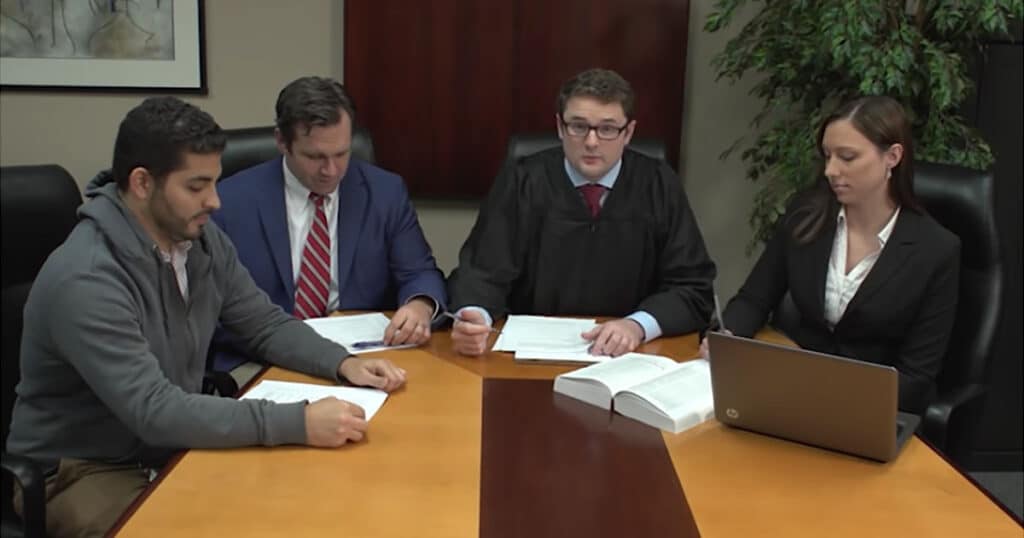Beyond the Medical Records: Alternative Evidence for Disability
Home » The Hearing » Beyond the Medical Records: Alternative Evidence for Disability
Key Takeaways
Anyone familiar with SSDI and SSI cases knows the first thing that Social Security looks for is the claimant’s medical records.
If you sign up with an advocate or representative, they will also ask about treating history and send requests for records to various medical providers. But what if you don’t have much care? What if your medical records don’t paint a very clear picture of your limitations?
Medical records aren’t the only form of evidence the ALJ will consider in your case. The two most common forms of non-medical evidence are witness testimony and letters of support.
Medical Witnesses Can Be Powerful – But Not Always Allowed
Many claimants wonder about bringing witnesses to a disability hearing. It is not necessary and sometimes judges will not even allow it, but in some cases it may be helpful. A witness is most helpful when he or she is able to add something new and different to the case. For example, a claimant who suffers from seizures that include confusion or memory lapses may want to bring a witness who can describe what happens during the seizure. Many claimants with severe mental impairments work closely with therapists, social workers, or case managers. These parties may be able to explain what assistance the claimant needs in order to complete activities of daily living and maintain functioning. Another situation where a witness may be valuable is for a claimant with a history of drug or alcohol abuse. A witness may be able to testify to periods where the claimant maintains sobriety, and to how drugs or alcohol change their level of functioning.
Letters Of Support for SSDI and SSI Claims
An easier and possibly better way to introduce additional testimony is through letters. Letters from employers can describe limitations the claimant displayed at work, or explain that the claimant could no longer do the job because of a medical condition. Letters from coworkers can describe how the claimant needed help with certain tasks, or had to take extra breaks because of pain and fatigue. A spouse, relative, or friend can describe day to day limitations, social withdrawal, or changes in behavior or abilities over time. Friends or relatives can also provide information through third party function reports similar to those completed by the claimant.
A claimant has the ability to submit nearly any sort of evidence to the record. Written reprimands from a personnel file could show excessive absenteeism during a work attempt. School records could show a history of earning disability, illiteracy, or psychotic behavior in childhood. Witnesses and testimonial letters can fill in the details missing from the medical evidence. Evidence beyond the medical records helps provide a complete picture to the ALJ, and adds credibility to your own testimony.
More Important Information about The Application Process

Linda Cosme formerly served as a Member of the Appeals Council (AC) for the Social Security Administration (SSA), and Program Expert for the Social Security Administration and Disability Quality Branch (DQB). Ms. Cosme also served as a Quality Assurance (QA) Reviewer, Initial Disability Examiner, Reconsideration Disability Examiner, and Continuing Disability Examiner (CDR) for the Disability Determination Services (DDS). She is admitted to practice law in Arizona, Georgia, and the United States Ninth Circuit Court of Appeals.
It is easy to get started.
It is easy to get started. No upfront costs – You only pay if we win!
Oops! We could not locate your form.








